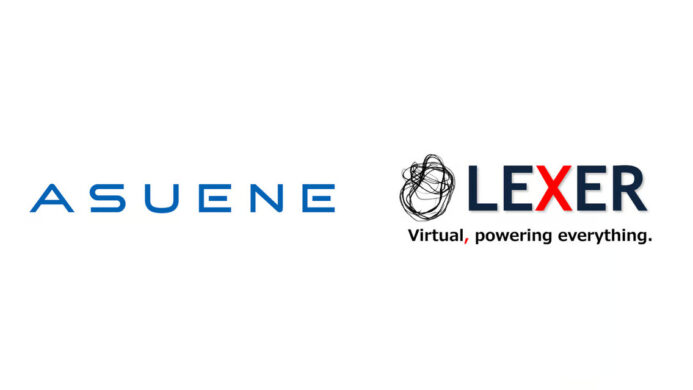JAKARTA, CILACAP.INFO – ASUENE has signed a Memorandum of Understanding (MoU) with Lexer Research regarding a GX human resource development project aimed to support the trainings for green transformation (GX) which are to enhance productivity and reduce greenhouse gas (GHG) emissions of companies belonging to the Japanese supply chains in the ASEAN region. The two companies will collaborate to promote GX talent development, leveraging Asuene’s expertise in sustainability, particularly in decarbonization management, and Lexer Research’s expertise in the manufacturing sector.
AMEICC Human Resource Development Project for ASEAN
AMEICC (AEM-METI Economic and Industrial Cooperation Committee) is a committee under the Japan-ASEAN Economic Ministers’ Meeting, supported by the Japanese government, aimed at promoting ASEAN economic development. Starting this year, AMEICC has begun providing training support through the “ASEAN Support Program for GX/DX Human Resource Development” to develop GX and DX talents who will support the supply chains in the ASEAN region.
The “Human Resource Development Course ILX” is a program developed by Green CPS Council, a general incorporated association with participation from ASUENE and Lexer Research, along with local partners, Thammasat University in Thailand and INDONESIA-JAPAN BUSINESS NETWORK (IJBNET). This course has been certified as part of AMEICC’s ASEAN Support Program for GX/DX Human Resource Development and it is launched as an industry-government-academia collaboration. The course offers foundational knowledge on calculating a company’s CO2 emissions and assessing the Carbon Footprint (CFP) for products and services, aiming to contribute to the GX talent development to drive decarbonization management in ASEAN based companies.
Background of the MoU
In ASEAN countries, regulations aimed at achieving decarbonization goals are strengthening, making the promotion of decarbonization management for companies based in the region an increasingly essential element. Among these, manufacturing bases are particularly concentrated in ASEAN and account for a significant portion of CO2 emissions. Major manufacturing companies are being required, along with their suppliers, to visualize and reduce CO2 emissions. As a result, there will be a growing demand for talent who can drive decarbonization management in the future.
Tampilkan Semua

